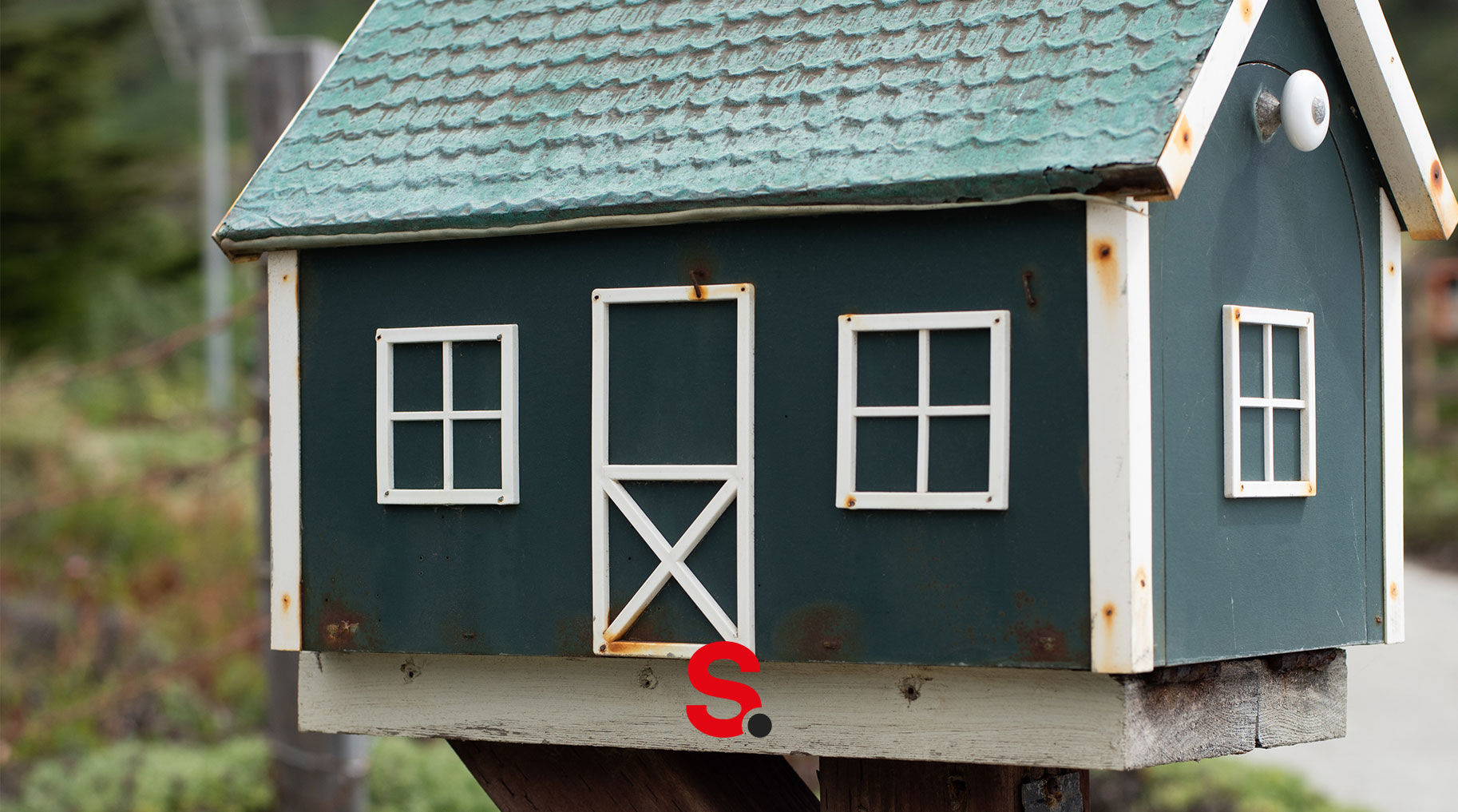blog
I want to buy a property at a public auction: What's next?
August 1, 2022
6 min read

![]()
Real estate auction platforms can be attractive for those who are looking for a good deal, either for investment or for their own home. But when you've found a good deal, what do you need to know and what do you need to do?
The existing platforms are very intuitive, and you only need some personal data for the registration of who is going to bid.
This may seem easy, but you should try to get some information before bidding on a property.
1. Make sure that the property is auctioned. Read the ad with “Seeing Eyes”:
Don't be fooled by the pictures. It is essential to visit the property to verify its conditions. Get in contact with the person responsible for the sale to schedule a visit ahead of time, as the property may be occupied, which will make the visiting appointment difficult.
Words like occupancy, real estate lease or opposition must be considered. If nothing is said in the advertisement, always ask directly to the seller if the property is occupied, if it has a lease or if the legal process has any issue that could jeopardize the purchase.
Check in the Title Certificate (Caderneta Predial) and in the Land Registry Certificate (Certidão Predial) the areas of the asset and if the property has a license to be used.
This is useful if you want to resell the property or ask for a loan.
2. Do a brief market research
You should do a brief market research. What you are looking for in this type of auction are good deals, and you can only get a good deal if you know the actual market value of the property. If you intend to take out a bank loan, you must request a pre-approval of the credit from the bank in advance, taking into account not only the value of the loan but also the market value of the property, that way you will not risk to see the loan declined.
Setting a limit for bidding will always be a good starting point so that you don't pay too much for a property, just out of enthusiasm.
3. You bidded and won! Now what?
You will be notified later, to deposit the bid amount within 15 days. The procedural parties will also be notified immediately after the end of the auction to decide on the sale of the property, and exercise redemption or preference rights. If you have not bid above the minimum amount, you may have to wait for Court authorization.
You must deposit the bid amount within the deadline, as well as settle the tax obligations (IMT and Stamp Duty), or ask for a deadline to do so if you do not have the amount available immediately.
You must deposit the amount as soon as possible so as not to lose the deal.
After depositing the value, the property’s register will be carried out to ensure that the acquisition is definitively documented. All properties are transmitted free of charge and from other costs.
4. And the keys?
If the property is occupied, you should take into consideration that under the current Covid-19 legislation all the deliveries of homes from a family address are suspended. You will have to wait for the law to be revoked.
If the property is vacant, then is great news! The person responsible for the sale must give you the keys to the property as soon as the award title is issued, or the deed is signed.
Sounds easy, doesn't it? And it is.
You just need to pay attention and know exactly what you're looking for, as well as check in detail the terms of the deal you are going to celebrate.
So... good bidding!
********![]()
As plataformas de leilões de imóveis podem ser aliciantes para os que procuram um bom negócio, quer para investimento, quer para habitação própria. Mas, encontrando uma boa oportunidade de negócio, o que é preciso saber e fazer?
Estas plataformas são bastante intuitivas e, para se registar, é pedido apenas alguns dados do licitante.
Pode parecer fácil licitar, mas deve tentar obter algumas informações antes de avançar.
1. Leia o anúncio com “olhos de ver”:
Não se iluda com as fotografias: é fundamental visitar o imóvel para verificar o seu estado. Contacte o responsável pela venda para marcar uma visita atempadamente, pois o imóvel pode estar ocupado, o que dificultará a visita.
Palavras como ocupação, arrendamento ou oposição devem ser tidas em conta. Caso nada diga no anúncio, questione sempre se o imóvel está ocupado, se tem algum contrato de arrendamento ou se o processo judicial tem alguma questão que possa colocar em risco a adjudicação.
Verifique na certidão predial e na caderneta predial as áreas do imóvel e se o imóvel tem licença de utilização: esta informação é útil se pretender revender o imóvel ou pedir empréstimo.
2. Faça um estudo de mercado
Deve fazer breve pesquisa de mercado. O que se procura neste tipo de leilões são bons negócio, pelo que, só poderá fazer um bom negócio se souber o verdadeiro valor do imóvel.
Caso tenha intenções de recorrer a empréstimo bancário, deve antecipadamente solicitar uma pré-aprovação do crédito junto da entidade bancária, tendo não só em vista o limite do valor do empréstimo, mas também o valor real do imóvel, de forma a não correr o risco de ver o empréstimo recusado.
Estabelecer um limite para licitar será sempre um bom ponto de partida, para que não pague demais por um imóvel, somente por entusiasmo.
3. Licitou e ganhou! E agora?
Será notificado para depositar o valor licitado em 15 dias. Os partes interessadas são também notificados para se pronunciarem relativamente à venda do imóvel, para exercer direitos de remição ou para exercer direitos de preferência. Caso não tenha licitado acima do valor mínimo, poderá ter de aguardar autorização judicial.
Deve depositar o valor licitado dentro do prazo, assim como pagar as obrigações fiscais (IMT e Imposto do Selo). Caso não tenha o valor disponível imediatamente, deve requerer prazo para o fazer. Deve ter em atenção que se trata de um prazo, pelo que deve depositar o valor o mais rapidamente possível, para não correr o risco de perder o negócio.
Depositado o valor, deve registar-se a aquisição e garantir que o registo fica definitivo. Todos os imóveis são transmitidos livres de ónus e encargos.
4. E as chaves?
Caso o imóvel esteja ocupado deverá ter em conta que nos termos da atual legislação Covid-19, mais especificamente, a Lei n.º 4-B/2021, de 1 de fevereiro, as entregas de casa de morada de família estão suspensas. Nesse caso, terá de aguardar que a lei seja revogada.
Se o imóvel estiver devoluto, ótimo! O responsável pela venda deverá entregar-lhe as chaves do imóvel assim que for emitido o título de adjudicação ou celebrada a escritura.
Parece fácil, não é? E na verdade, é.
Basta estar atento e saber o que procura, verificando detalhadamente os termos do negócio que irá celebrar.
Posto isto, boas licitações!
